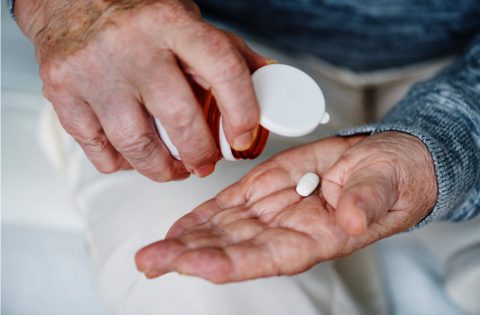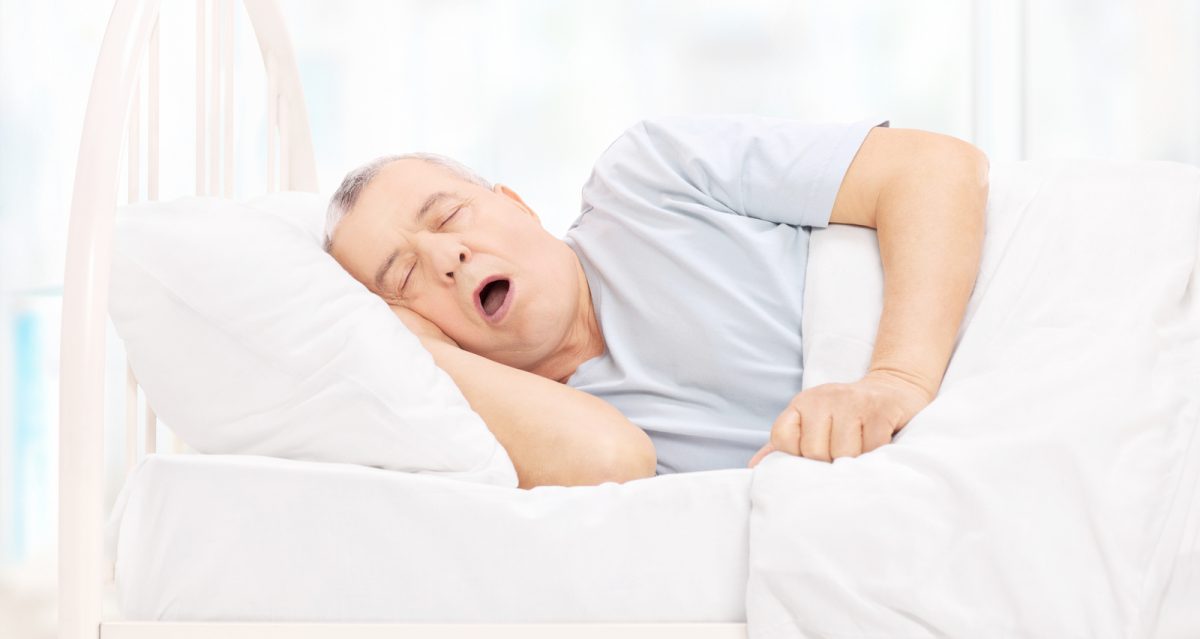If you suffer from dry mouth, you’re not alone. While estimates vary widely, it’s safe to say millions of people experience dry mouth at some point. If you are one of them, you know night time is often the worst, waking up parched, and without relief can be uncomfortable and frustrating. Not only is it annoying and often painful, chronic dry mouth can lead to tooth decay and gum disease if untreated. Wouldn’t it be nice to learn how to prevent dry mouth while sleeping and find some relief?
The Causes and Symptoms of Dry Mouth
First, you need to understand the causes and symptoms of dry mouth. Saliva is a natural part of the digestive system that helps break down foods and rinses the mouth of bacteria. Dry mouth (Xerostomia) is characterized by lack of saliva. This lack of saliva can cause difficulty tasting, chewing, swallowing and even speaking. Without saliva, or without an appropriate amount, bacteria can stick to the teeth and create tooth decay, which can lead to infections in the mouth and even tooth loss.
But dry mouth isn’t a disease in itself; dry mouth is a symptom of other conditions. It can be caused by medication use, smoking, radiation treatment, aging, and even diseases such as diabetes or Parkinson’s. The most common symptoms of dry mouth include feeling thirsty, having a dry, sticky mouth, chapped lips, burning/tingling in your mouth and tongue, and bad breath.

How to Prevent Dry Mouth While Sleeping
But, why is it so bad at night? Many times you can blame mouth breathing for it. While the best cure for dry mouth is to address any underlying health issues, that can take time and most people need more immediate solutions. Consider these solutions:
- Drink water throughout the day – stay hydrated
- Chew sugar-free gum, or suck on sugar free candies or mints to help increase saliva
- Brush with a fluoride toothpaste
- Use mouth washes, rinses and/or toothpaste designed for dry mouth
- Use an artificial saliva product, either over-the-counter or prescribed by your doctor or dentist
- Avoid acidic or spicy foods which can make it worse
- Limit your alcohol and caffeine intake, especially at night
- Quit smoking
- Talk to your doctor about any mouth breathing or snoring
- Discuss changing medications to reduce dry mouth as a side effect
- Keep your good oral hygiene habits to reduce the chance of bacteria growth, cavities and gum disease.
- Use a humidifier to add additional moisture to the air
- At night, have water and/or ice chips available beside your bed in case you awake parched

Suffering from dry mouth? Contact a PERFECT TEETH dentist today as part of your oral health plan and share with him or her your health history including medications you are taking. Ask how to prevent dry mouth while sleeping, and for solutions that are best for your specific situation. Find a dentist now online to get scheduled!

